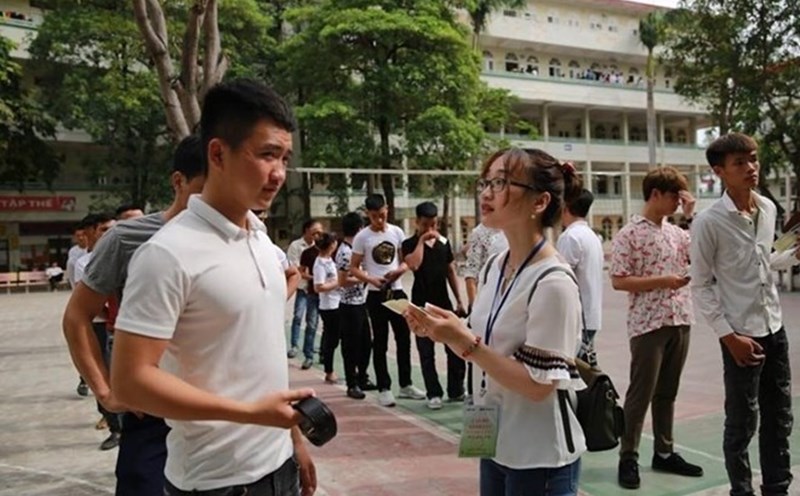Participating in social insurance (SI) not only helps employees qualify for pension in the future but also protects against risks such as illness, maternity, work accidents, death, etc.
According to the Social Insurance Law 2014 and Decree 115/2015/ND-CP, the following subjects must pay compulsory social insurance when working abroad:
- Employees sign contracts with service enterprises or service organizations to send workers abroad.
- People working under contracts with enterprises that have won bids, received bids or invested abroad.
- People who take internships to improve skills under contracts with enterprises with labor export functions.
- The person signing the labor contract directly with the foreign employer.
Depending on the form of work, the social insurance contribution level will be different:
- Employees working for a winning bidder, contracted or invested abroad enterprise: Pay 8% of monthly salary to the pension and death fund.
- Other cases: If you have participated in social insurance before working abroad: Continue to pay 22% of the monthly salary before leaving; if you have never participated in social insurance or have received one-time social insurance before: Pay 22,2% of the basic salary twice.
Korea is currently a key labor market in Vietnam. Currently, Vietnam and Korea have signed a bilateral Social Insurance Agreement, with specific regulations as follows:
- Vietnamese employees working in Korea pay social insurance according to the National Pension Law of Korea.
- If you have participated in social insurance in Korea and are granted a Social Insurance Subject Certificate according to Official Dispatch 862/BHXH-TST dated March 29, 2024, employees do not have to pay social insurance in Vietnam.
This helps employees avoid the situation of overlapping social insurance payments in both countries and still ensure retirement benefits later.
According to the Department of Overseas Labor Management (Ministry of Home Affairs), in 2024, the total number of Vietnamese workers working abroad will be 143,160 people, reaching 114% of the 2024 plan.
Japan is still the leading market in receiving Vietnamese workers, with 69,188 workers; followed by Taiwan (China) with 53,271 workers; South Korea: 11,273 workers.
Workers working in Korea have the highest income, from 1,500 to 2,000 USD; followed by Japan with 1,200 to 1,500 USD; Taiwan (China) with 800 to 1,200 USD. The Middle East and Malaysia markets recorded lower wages, ranging from 600 to 1,000 USD for skilled workers and 400 to 600 USD for unskilled workers.









